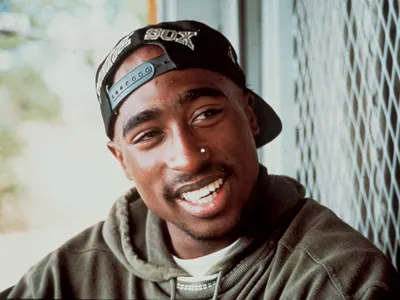The investigation into the decades-old murder of rap legend Tupac Shakur has taken a step forward, with Las Vegas police obtaining a new search warrant, as stated by a spokesperson on Tuesday.
The untimely demise of the chart-topping ‘California Love’ artist occurred when he was just 25 years old, the victim of a fatal drive-by shooting in Nevada City, with his killers still on the loose.
Authorities stated that the search is a vital aspect of the ongoing Tupac Shakur homicide inquiry, but they refrained from providing any further particulars.
In a brief yet extraordinary journey, Shakur transformed from a backup dancer to a self-styled gangsta rapper, emerging as one of hip-hop’s most influential figures, having sold an impressive 75 million records.
He didn’t just stop at his musical achievements; Shakur became a key player in the prestigious East Coast and West Coast hip-hop feud, largely influenced by promoters.
While originally from New York, Shakur’s family moved to California during his teenage years, where he quickly became one of the most prominent figures in the West Coast hip-hop scene.
Read also: Capitol Riot Investigation: Trump Anticipates Being Indicted
The exact details of Shakur’s death in September 1996 remain uncertain, leading to a proliferation of theories that have persisted over time.
The killing of Shakur was succeeded by the gunning down of his East Coast rival and renowned rapper, Christopher ‘The Notorious BIG’ Wallace, half a year later.
There is a strong belief that the killing of both artists was driven by an ongoing feud between their music labels, Death Row (LA) and Bad Boy Entertainment (New York).
Among music historians, a prevailing school of thought proposes that the widely perceived coastal divide within the hip-hop community might have been deliberately magnified and sensationalised for the sake of commercial gain.
This viewpoint challenges the notion of an organic and authentic rivalry between the East Coast and West Coast hip-hop scenes, suggesting instead that certain stakeholders in the music industry might have capitalised on this supposed animosity to drive album sales, concert revenues, and media attention.
